Community Pride, a new podcast series created by Bournemouth University postdoctoral researcher Dr Kayla Jones, has officially launched as part of Learning from Big Local, a platform showcasing community-led change across England.
The podcast is a creative output of the AHRC-funded StoryArcs project—a practice-based research collaboration between BU and Bath Spa University. The series was produced during Kayla’s time as a postdoctoral researcher under the supervision of Dr Lyle Skains at BU, who led on the funding acquisition and collaborative partnership that made this project within StoryArcs possible.
Each episode of Community Pride dives deep into the lived experiences of residents in communities supported by the Big Local programme, a 15-year initiative managed by Local Trust. Kayla was asked by Local Trust to engage community members whose stories reflect resilience, creativity, and pride in place. She conducted interviews, gathered local perspectives, and took the project from raw audio to fully produced episodes—writing, editing, and sound-designing each one herself.
“It brings together research, resident stories and practical insight into what it really takes for communities to lead change,” says Local Trust’s Lucy Terry. “And how funders, researchers, policymakers and practitioners can enable it.”
This podcast embodies the ethos of practice-based research—fusing academic insight with creative storytelling to reach both scholarly and public audiences. It’s a shining example of how postdoctoral research can extend beyond traditional publishing routes, bringing the voices of underrepresented communities directly into the spotlight.
Listen to the podcast here:
- Episode 1: Community Pride – Episode 1
- All episodes: Full series link
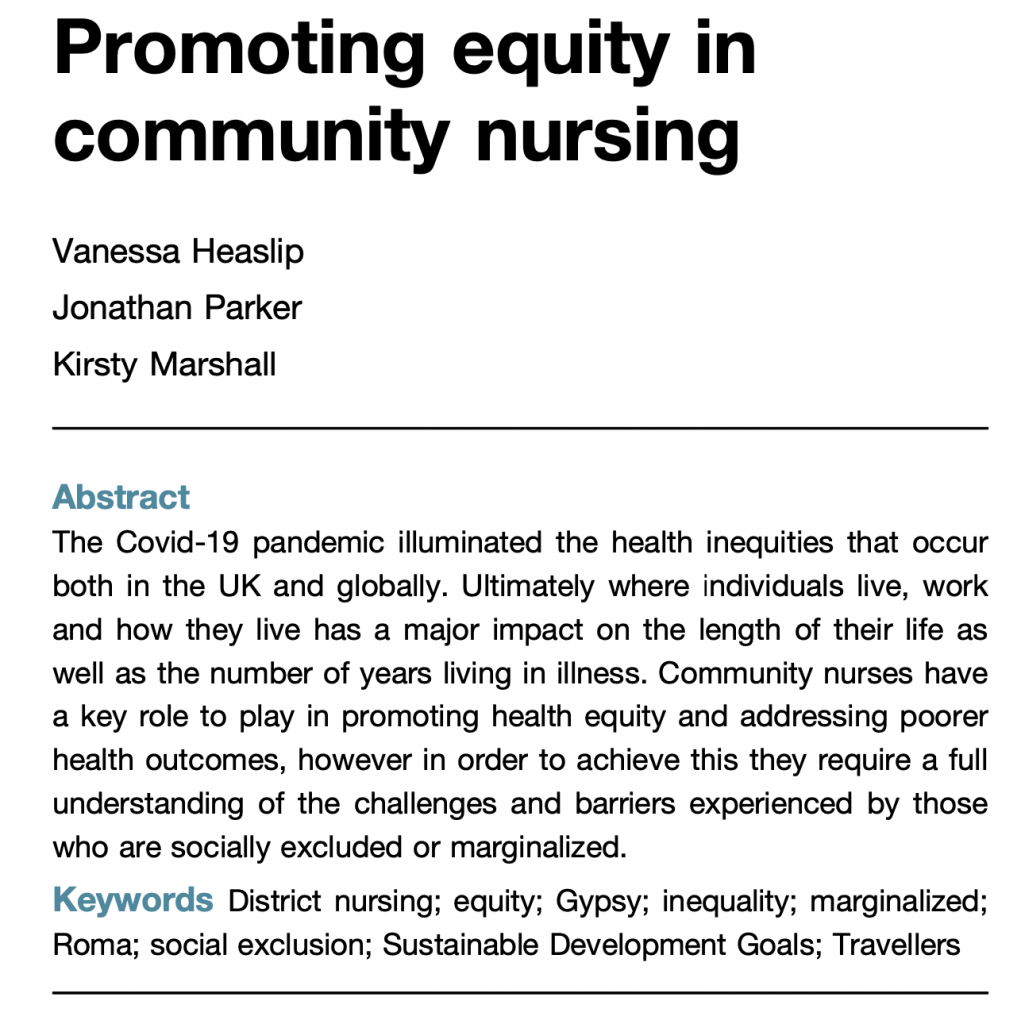
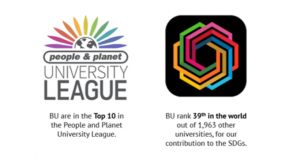
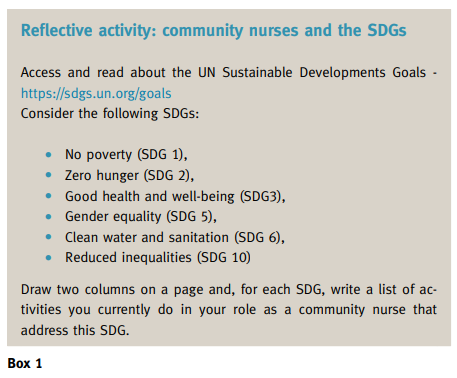
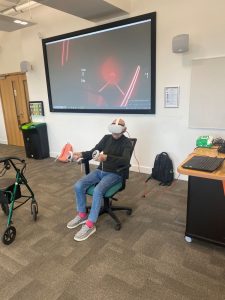
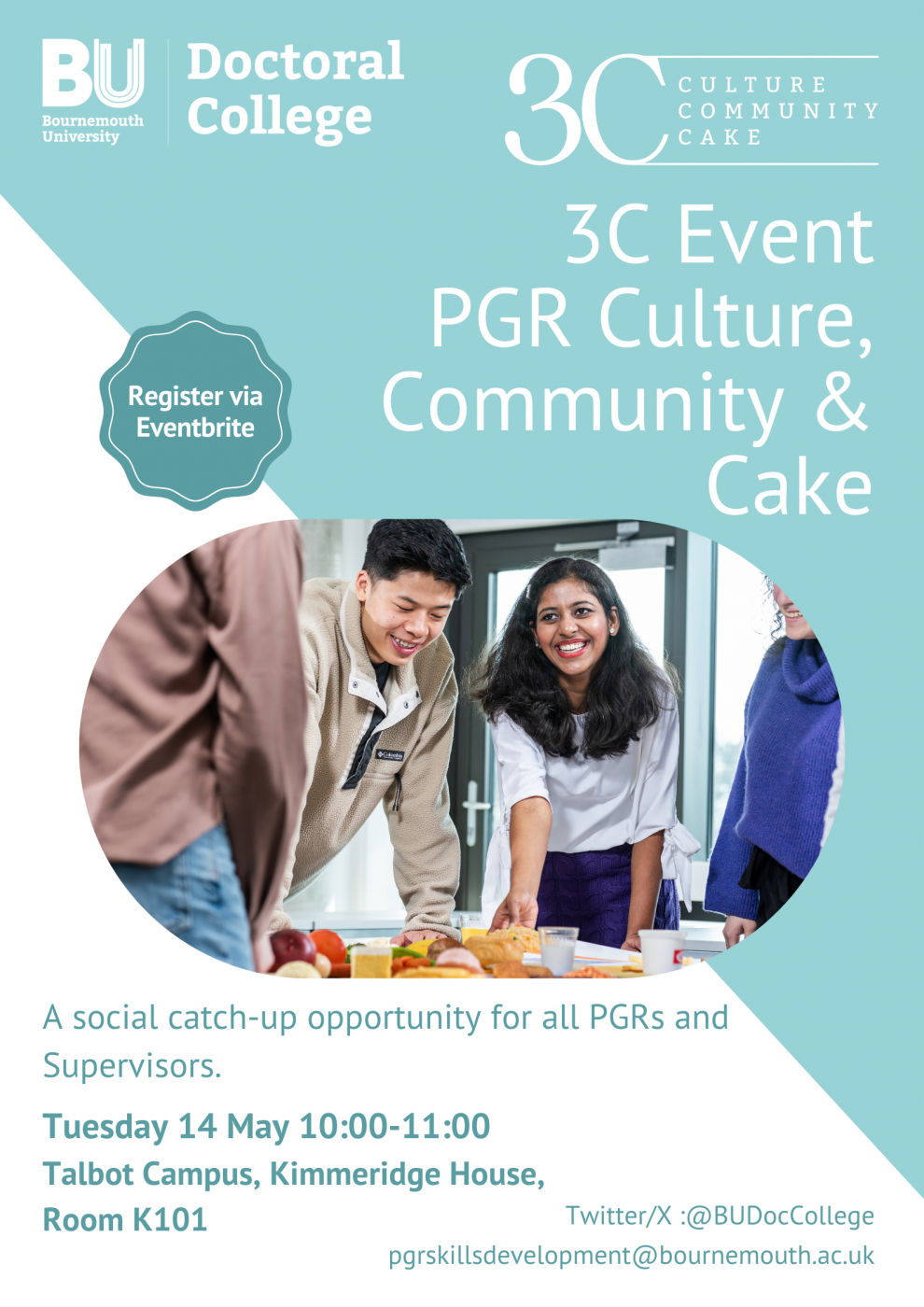
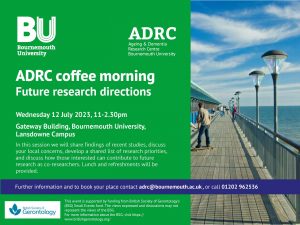
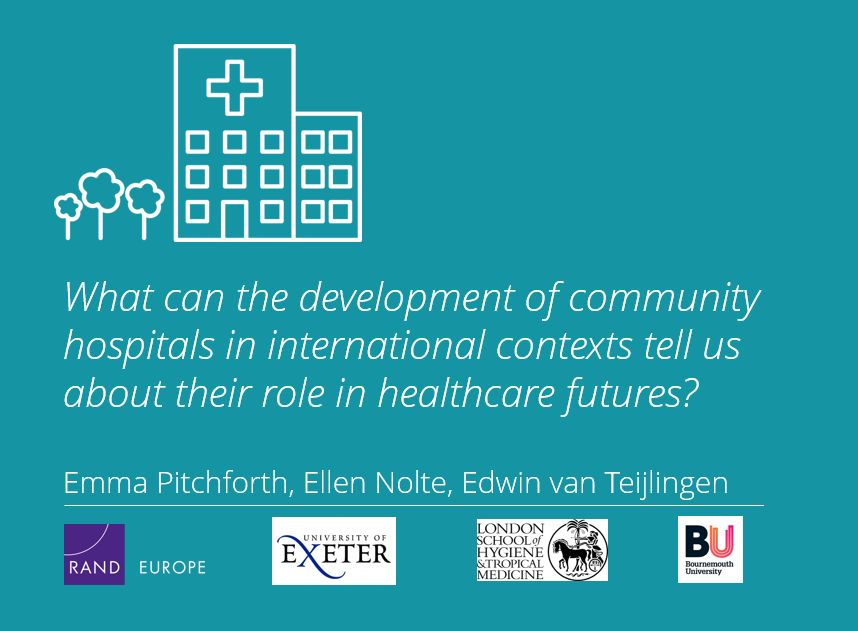
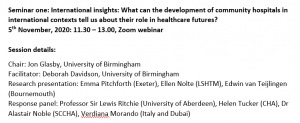
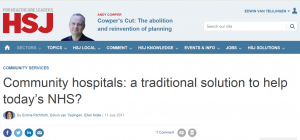
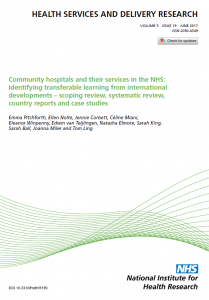



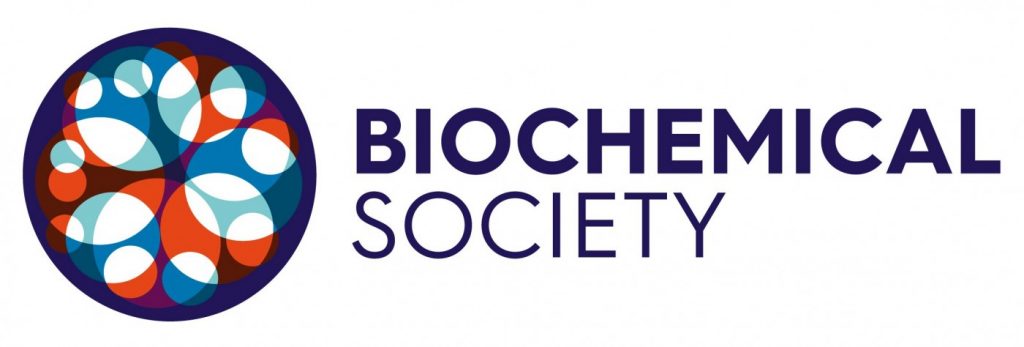
 The Southern Universities Network, in conjunction with the 11-19 team at Bournemouth Borough Council and Bournemouth and Poole College, are hosting a family day to raise awareness and reduce negative views on students staying in education through F.E. to H.E.
The Southern Universities Network, in conjunction with the 11-19 team at Bournemouth Borough Council and Bournemouth and Poole College, are hosting a family day to raise awareness and reduce negative views on students staying in education through F.E. to H.E.

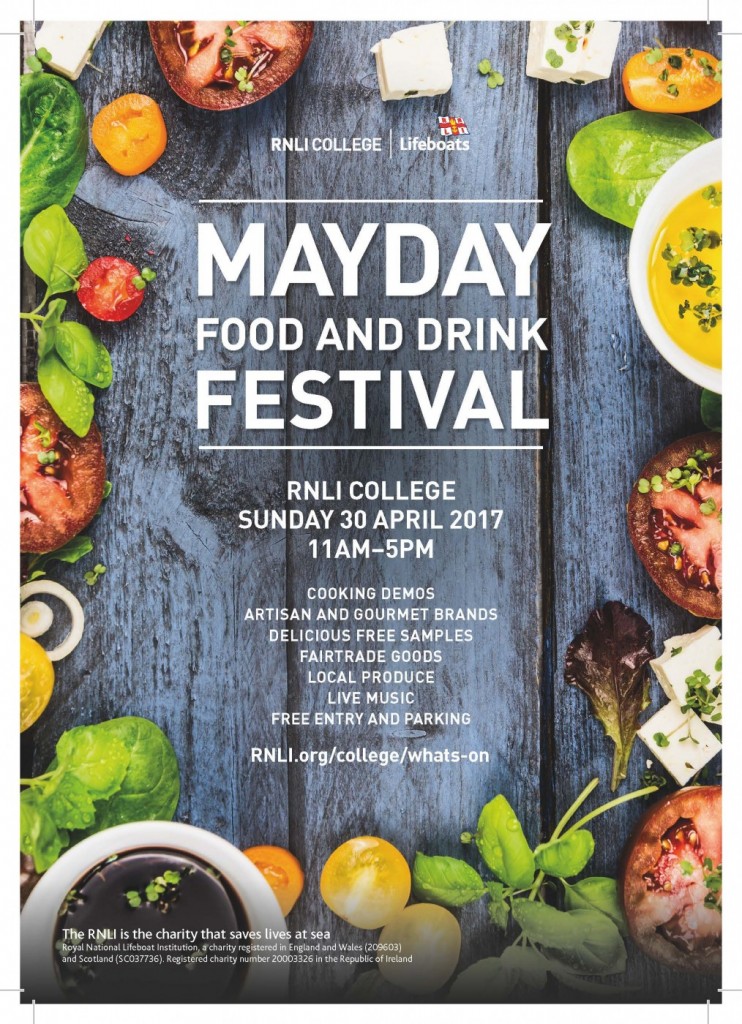











 Beyond Academia: Exploring Career Options for Early Career Researchers – Online Workshop
Beyond Academia: Exploring Career Options for Early Career Researchers – Online Workshop UKCGE Recognised Research Supervision Programme: Deadline Approaching
UKCGE Recognised Research Supervision Programme: Deadline Approaching SPROUT: From Sustainable Research to Sustainable Research Lives
SPROUT: From Sustainable Research to Sustainable Research Lives BRIAN upgrade and new look
BRIAN upgrade and new look Seeing the fruits of your labour in Bangladesh
Seeing the fruits of your labour in Bangladesh ECR Funding Open Call: Research Culture & Community Grant – Apply now
ECR Funding Open Call: Research Culture & Community Grant – Apply now ECR Funding Open Call: Research Culture & Community Grant – Application Deadline Friday 12 December
ECR Funding Open Call: Research Culture & Community Grant – Application Deadline Friday 12 December MSCA Postdoctoral Fellowships 2025 Call
MSCA Postdoctoral Fellowships 2025 Call ERC Advanced Grant 2025 Webinar
ERC Advanced Grant 2025 Webinar Update on UKRO services
Update on UKRO services European research project exploring use of ‘virtual twins’ to better manage metabolic associated fatty liver disease
European research project exploring use of ‘virtual twins’ to better manage metabolic associated fatty liver disease